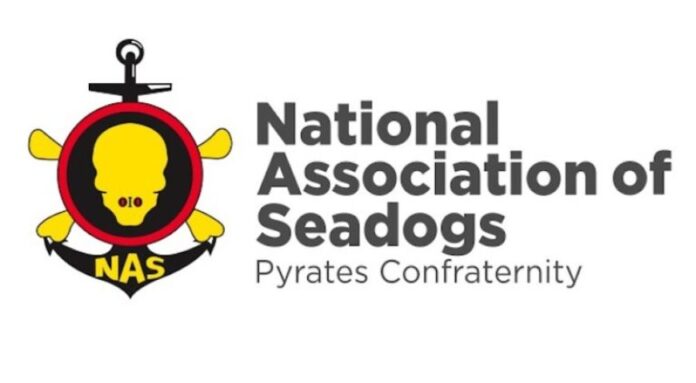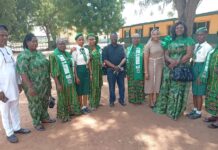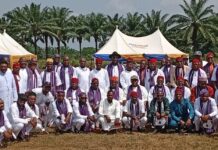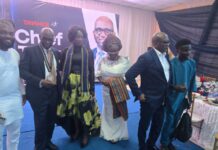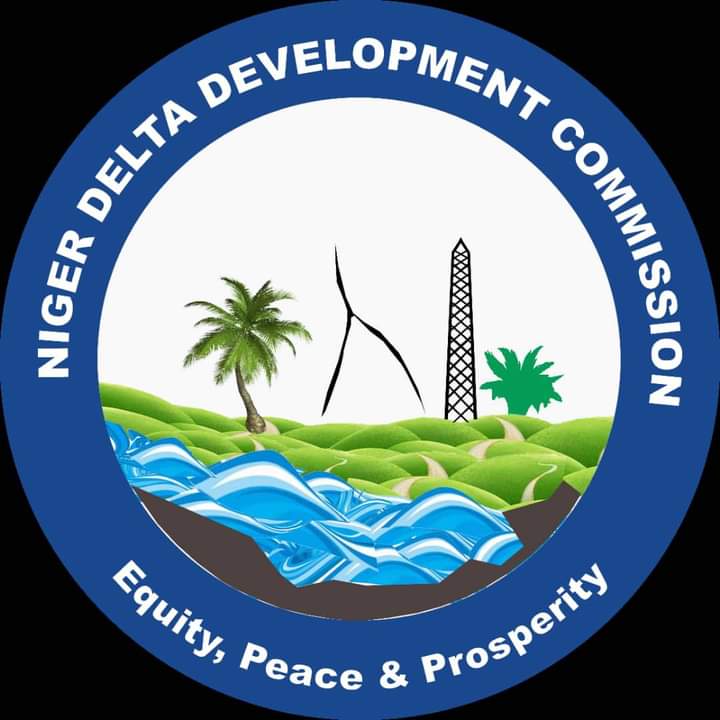By ABEL JOHNGOLD ORHERUATA, mnipr
The National Association of Seadogs (NAS), widely known as the Pyrates Confraternity, has strongly criticized the West African Examinations Council (WAEC) for the late delivery of examination papers, which compelled students in Asaba and other regions to sit for the West African Senior School Certificate Examination (WASSCE) under inadequate and unsafe conditions.
In a press briefing held in Asaba, Comrade Michael Chukwuma Nwaidei, Capoon of the Vito Corsica Deck (covering Aniocha/Oshimili and Ika federal constituencies), expressed deep concern over the incident, labeling it a “national disgrace” and calling for immediate accountability from WAEC and relevant authorities.
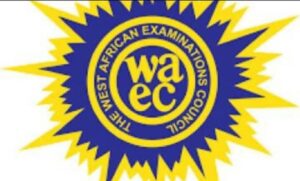
“What transpired that night is utterly unacceptable,” Nwaidei stated. “It is inconceivable that students and their guardians were kept in schools well past 10 p.m. in areas like Asaba, where public transportation becomes scarce after that hour. This situation is not only unfair but also hazardous.”
He further emphasized that secondary schools are not equipped for nocturnal academic activities, unlike boarding schools or tertiary institutions. “Forcing students to take exams late at night compromises their safety and well-being,” he added.
The Pyrates Confraternity also questioned WAEC’s preparedness for transitioning to computer-based testing, given the logistical challenges evident in the current examination process.
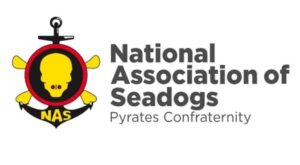
“WAEC’s plan to shift to computer-based examinations raises concerns, especially when considering the infrastructural deficits such as inconsistent electricity supply and internet connectivity,” Nwaidei remarked.
In response to the incident, WAEC’s Acting Head of Public Affairs, Moyosola Adesina, acknowledged the challenges faced during the examination period. In a statement, she noted that the Council is committed to addressing any logistical shortcomings to ensure the integrity and smooth conduct of its examinations.
The Pyrates Confraternity urged both WAEC and the Federal Ministry of Education to issue a public apology, hold those responsible accountable, and implement necessary reforms to prevent future occurrences.
“When political agendas overshadow the fundamental right to quality education, our students suffer the consequences,” Nwaidei concluded. “It is imperative that we prioritize the welfare and future of our youth.”
This incident which came to limelight with the viral social media video of students of Government Model College, Asaba, writing their WAEC Examination with torch-lights, has sparked widespread concern among stakeholders, highlighting the need for systemic reforms in Nigeria’s education sector to safeguard the rights and well-being of students nationwide.

